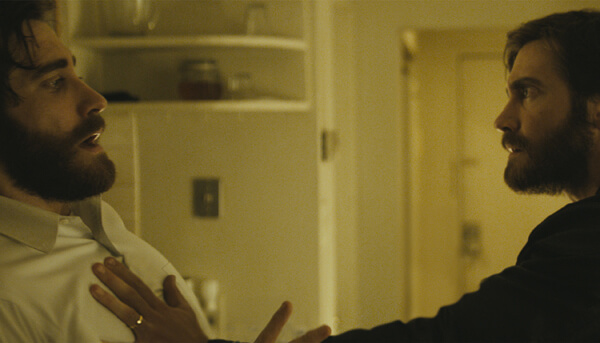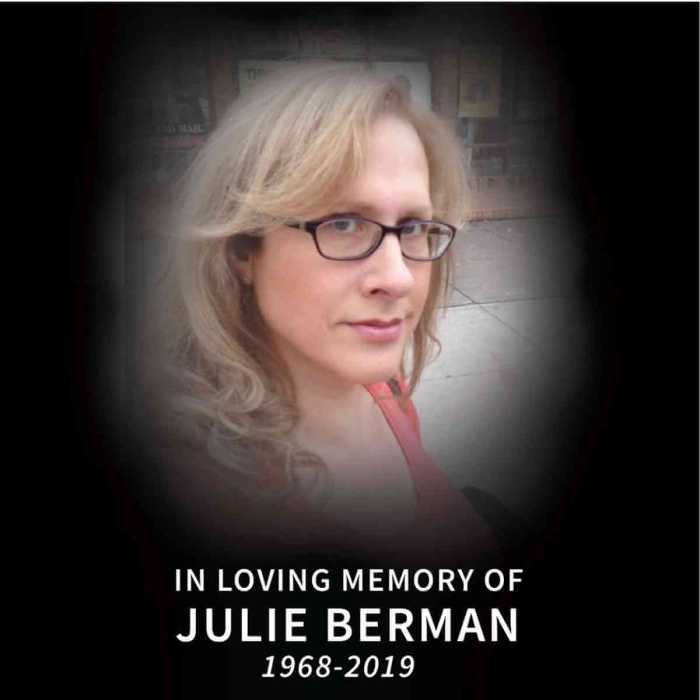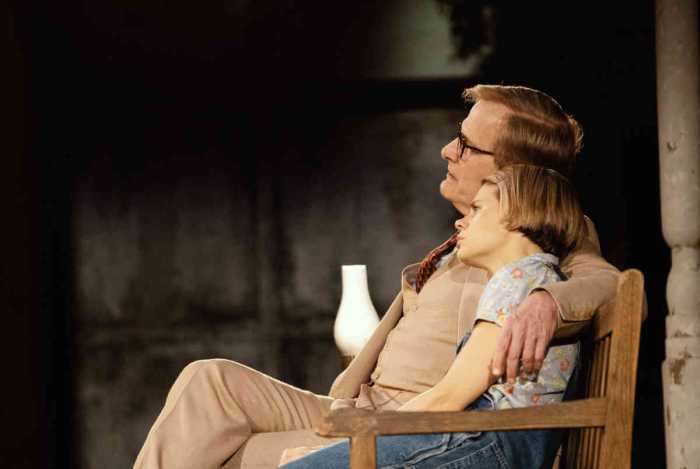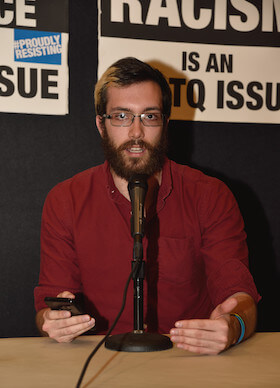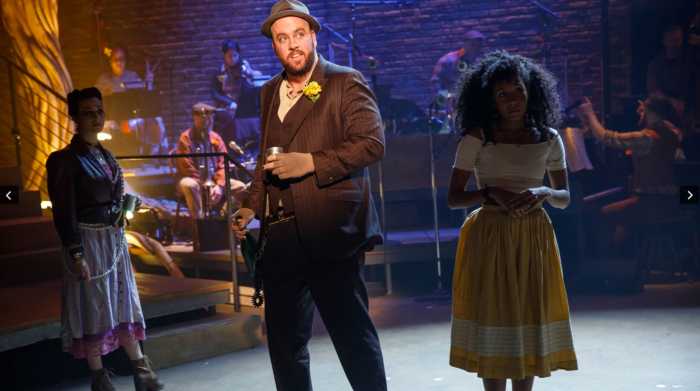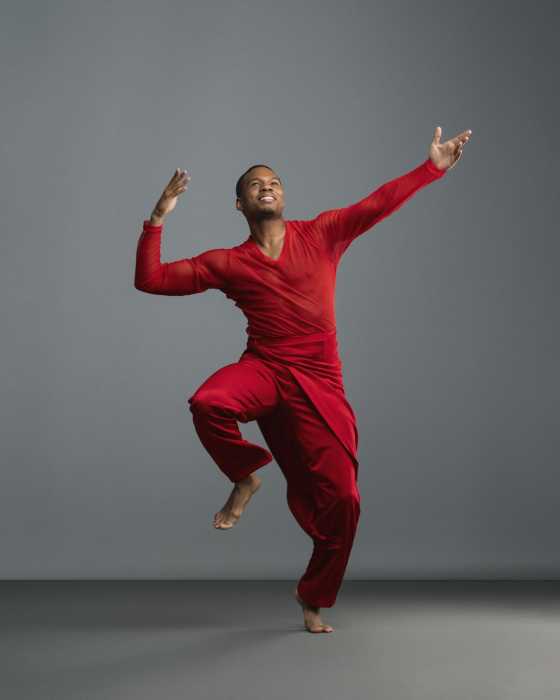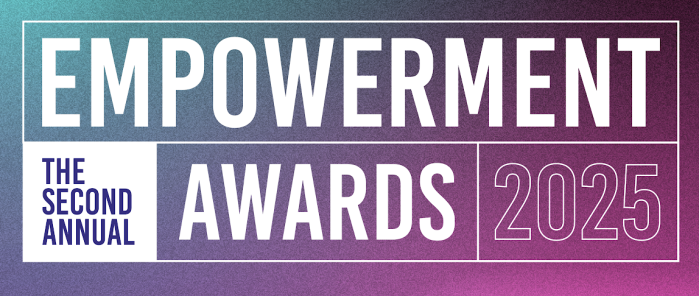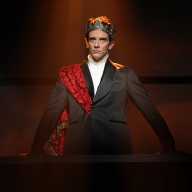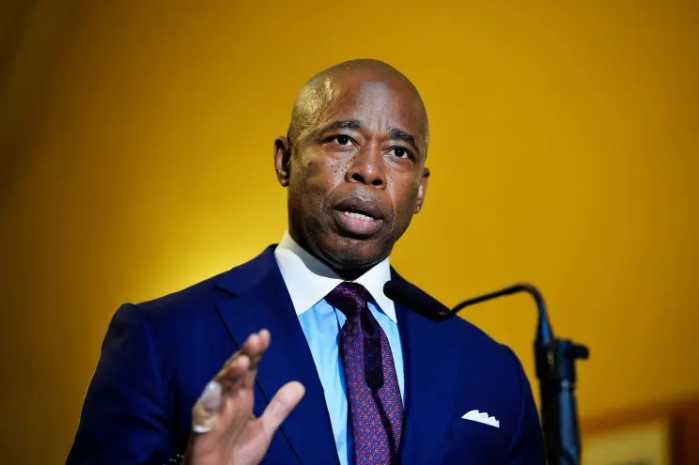Jake Gyllenhaal is both Anthony and Adam in Denis Villeneuve’s “Enemy.” | A24
BY STEVE ERICKSON | Up until now, I thought I had Canadian director Denis Villeneuve’s career figured out. After two films made in his native Quebec, which I haven’t seen, his excellent “Polytechnique,” a depiction of a real-life Montreal school shooting targeting women, got a brief run at MoMA. After that, the director would be marginal no more. “Incendies,” set in an imaginary Middle Eastern country, won him a Best Foreign Film Oscar nomination. That led to Hollywood, where he made “Prisoners” with Jake Gyllenhaal and Hugh Jackman last year. On the way there, he made “Enemy” in Toronto. Though shot before “Prisoners,” it’s getting an American release after it.
On the surface, it’s every bit as much an example of global cinema as “Incendies” — a Gyllenhaal vehicle made with Spanish co-financing and a script by Spanish screenwriter Javier Gullón, adapted from Portuguese writer José Saramago’s novel “The Double.” Yet it’s explicitly Canadian in surprising ways.
Many, if not most, films shot in Vancouver and Toronto use these locations as anonymous Everycities. In the wake of Thom Andersen’s documentary “Los Angeles Plays Itself,” I’d hoped it would inspire an answer film: “Toronto Does Not Play Itself.” “Enemy” goes against this grain by using explicitly Canadian phone numbers and addresses. Villeneuve’s vision of Toronto is highly stylized, but I think the city’s residents will find it recognizable. He also draws heavily on Canada's most iconic director, David Cronenberg, particularly his doppelgänger classic “Dead Ringers.”
Jake Gyllenhaal battles himself as Toronto plays itself
“Enemy” begins by concentrating on history professor Adam Bell (Gyllenhaal), who lives with his girlfriend Mary (Mélanie Laurent) in a dead-end relationship. Watching a film recommended to him by a colleague, he notices an actor playing a bit part who looks exactly like him. Becoming obsessed by the desire to track down his double, Adam goes to the agency representing Anthony (also played by Gyllenhaal), who lives with his pregnant wife Helen (Sarah Gadon) in a Toronto suburb. After Anthony and Helen treat Adam’s initial phone calls with hostility, they let him into their lives and Anthony quickly takes control.
When I read Saramago’s novel, I didn’t imagine the actor looking as young and handsome as Gyllenhaal. Villeneuve and Gullón have put their own personal stamp on the material, taking it away from the Portuguese writer’s Dostoevsky-inspired vision. They push hard on surrealism and sexual power games. The film is obsessed with spiders, which get crushed by a woman at an underground fetish club in one of its earliest scenes and later climb over Toronto skyscrapers. In the finale, they seem to represent the possibility that women might get back at men for toying with them, but ultimately all this imagery points to one of the film’s weaknesses — an emphasis on weirdness for its own sake.
The look of “Enemy” is dingy, with many early scenes set at night. Adam’s world seems to be tinted the shade of the brown suit he wears to class. Anthony lives in a brighter atmosphere, which fits a man who goes out jogging and fills half his refrigerator with organic blueberries. Toronto itself looks somewhat smoggy in the many long shots of the city’s skyscrapers and highways that Villeneuve favors. Villeneuve finds unusual-looking locations amidst suburban sprawl — a key scene is set near two buildings that resemble bowling pins.
Adam isn’t particularly interested in film. From the tone of his lecture about Romans distracting the masses with bread-and-circus entertainment, one gets the impression he might even be slightly hostile to it. Yet one could say that cinema is interested in him. The most interesting aspect of “Enemy” is the way it speaks indirectly about fandom, stalking, and the pitfalls of celebrity. The resemblance between Adam and Anthony leads to a degree of entitlement that spills over into both men’s lives. Eventually, it’s hard to say which one is being a bigger jerk, especially when they use each other’s likeness to get laid. This theme comes across with more force here than it did in Saramago’s novel simply because Villeneuve is using the same medium whose power he’s critiquing.
If “Enemy” is the weakest of the three Villeneuve films I’ve seen, the problem is its reliance on gratuitous weirdness to do its heavy lifting. The avant-classical score evokes Jocelyn Pook’s cello-driven work, particularly her music for “Eyes Wide Shut,” but it too seems to be trying too hard for impact. Still, the film’s tale of dueling doubles has some resonance beyond the plot’s surface: Quebec versus English-speaking Canada, anyone? Or Canada as a whole versus the US? I hope such resonances don’t entirely vanish from Villeneuve’s work if he gets absorbed further into Hollywood.
ENEMY | Directed by Denis Villeneuve | A24 | Opens Mar. 14 | Angelika Film Center | 18 W. Houston St. at Mercer St. | angelikafilmcenter.com

